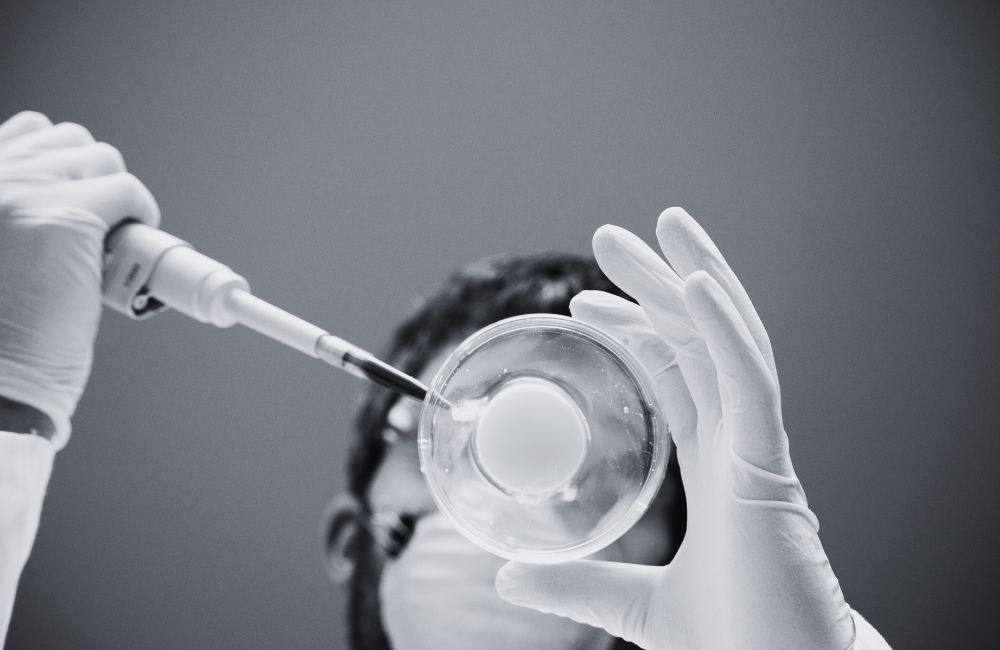In vitro fertilization (IVF) is a fertility treatment that involves fertilizing an egg with sperm outside the body, in a laboratory setting. IVF is typically used for couples or individuals who have difficulties conceiving naturally due to various reasons, including infertility, reproductive disorders, or other medical conditions.
Here is a general overview of the IVF process:
- Ovarian Stimulation: The woman undergoing IVF is given hormonal medications to stimulate the ovaries to produce multiple mature eggs. This is done to increase the chances of obtaining viable eggs for fertilization. During this stage, the woman’s response to the medications is closely monitored through ultrasound scans and hormone level measurements.
- Egg Retrieval: Once the eggs have matured, a minor surgical procedure called egg retrieval is performed. A thin needle is guided into the ovaries through the vaginal wall, and the eggs are gently suctioned out. This procedure is typically performed under sedation or anesthesia to minimize discomfort.
- Sperm Collection: On the same day as the egg retrieval, a sperm sample is collected from the male partner or a sperm donor. The sperm is prepared in the laboratory to isolate the healthiest and most motile sperm for fertilization.
- Fertilization: The retrieved eggs and the prepared sperm are combined in a laboratory dish, and fertilization occurs naturally or through intracytoplasmic sperm injection (ICSI), where a single sperm is injected into each mature egg. The fertilized eggs, now called embryos, are monitored for further development.
- Embryo Transfer: After a few days of growth in the laboratory, one or more embryos are selected for transfer into the woman’s uterus. This is done using a thin catheter inserted through the cervix. The number of embryos transferred depends on factors such as the woman’s age, the quality of embryos, and other medical considerations. Any remaining viable embryos can be cryopreserved (frozen) for future use.
- Pregnancy Testing: About two weeks after the embryo transfer, a blood test or urine test is performed to determine if the woman has become pregnant.
It’s important to note that the IVF process can vary based on individual circumstances, and additional procedures or treatments may be recommended depending on specific factors such as the presence of certain fertility issues or genetic concerns.
IVF success rates can vary and depend on factors such as the woman’s age, the cause of infertility, the quality of embryos, and the expertise of the fertility clinic. It’s advisable to consult with a reproductive endocrinologist or fertility specialist to discuss individual fertility concerns, evaluate the suitability of IVF, and understand the potential risks, benefits, and success rates associated with the procedure.


